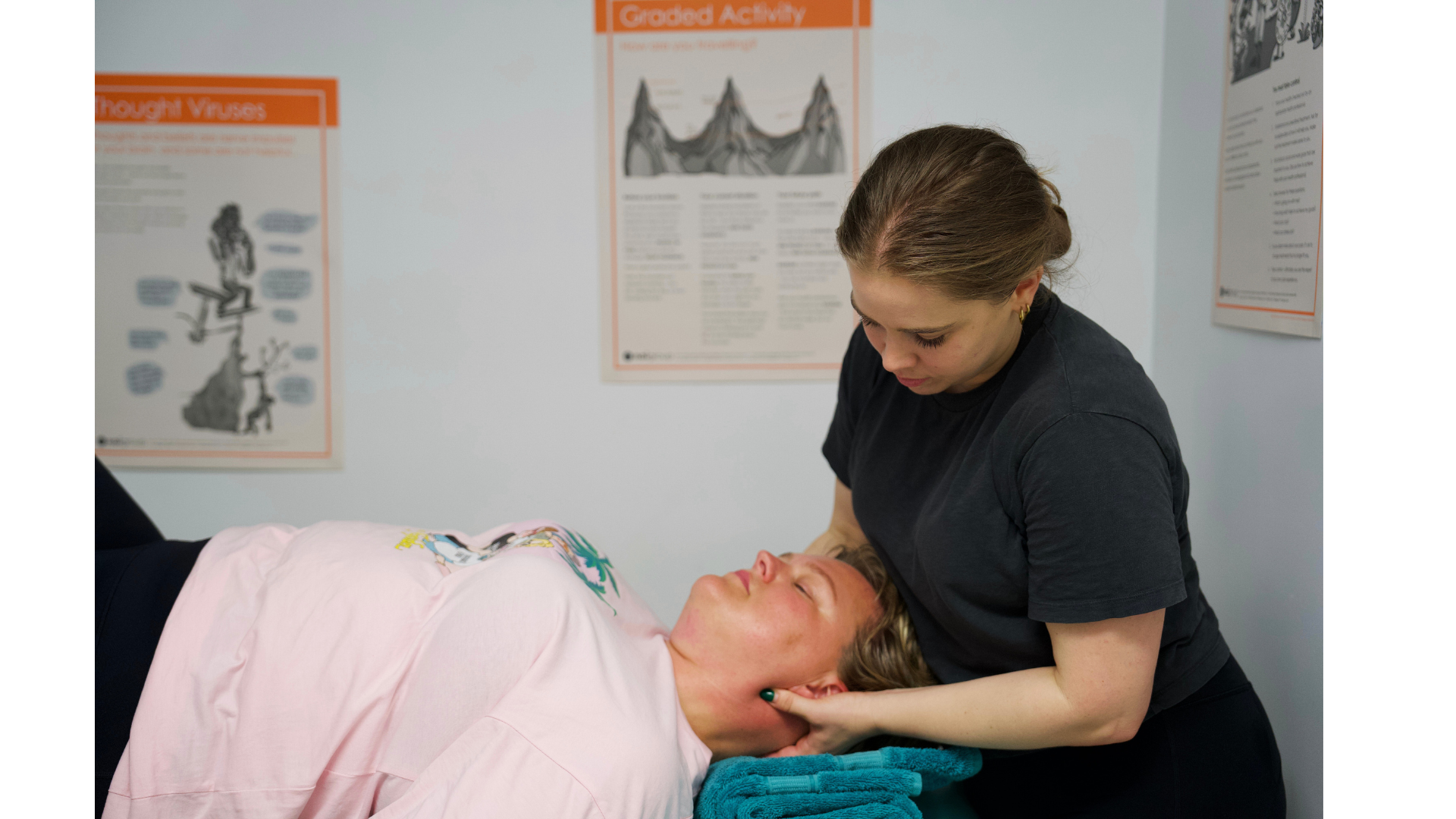A Quick Guide to Vocal Hygiene: Everyday Care for Your Voice
Vocal Hygiene for Voice Professionals: How to Care for Your Most Valuable Tool
Your Voice Is a Muscle You Use Every Day
The vocal folds (or vocal cords) are moved by small muscles inside your larynx (voice box). They stretch, shorten, and come together to create the sounds you use to teach, sing, coach, or present. Like any other muscle group, they perform best when warmed up, hydrated, and conditioned to handle your daily workload.
When we talk about vocal hygiene, we’re really talking about creating the best environment for your vocal folds to function well — and giving the surrounding muscles the support they need to perform without strain.
Habits for a Healthy, Resilient Voice
You don’t need a complicated routine or special equipment. Just a few consistent, thoughtful habits can keep your voice strong and reliable — even during high-demand periods.
1. Stay Hydrated
Hydration keeps your vocal folds flexible and ready to move. Aim for steady fluid intake throughout the day — around 2 litres — and sip rather than gulp.
Dry environments or air conditioning can dehydrate your throat, so add humidity where possible. Steamy showers or a portable nebuliser can help keep your vocal folds comfortable.
2. Limit Caffeine and Alcohol
Both caffeine and alcohol can dry out your vocal tissues. If you know you have a big voice day ahead — teaching, rehearsing, or performing — try to minimise them. If you do indulge, balance it with plenty of water.
3. Warm Up Gently
Before diving into a full day of speaking or singing, take a few minutes to gently mobilise your voice.
Try light vocal exercises such as humming, lip trills, or sirens (sliding up and down your range). These warm-ups help increase blood flow and flexibility, preparing your vocal cords for sustained use.
4. Spend Your ‘Vocal Pennies’ Wisely
Voice use is like a budget — you only have so many “vocal pennies” to spend in a day. Long conversations, loud environments, or emotionally intense sessions can leave your voice feeling tired or hoarse.
If possible, plan breaks, rest your voice between sessions, and avoid whispering (which actually strains your vocal folds more).
5. Avoid Throat Clearing
That small “ahem” might feel satisfying, but constant throat clearing is like slapping your vocal cords together.
Instead, try swallowing, sipping water, or doing a gentle “hmm” to clear mucus without irritation.
When to Rest and When to Seek Support
If your voice regularly feels fatigued, rough, or breathy — even after rest — it’s worth checking in with a speech pathologist or voice Physio. Early support can prevent strain and help you maintain your professional voice for years to come.
Final Thought
Vocal hygiene is simply vocal wellness — everyday care for the part of you that speaks, inspires, educates, and performs.
You don’t need to be on stage to benefit from these habits; you just need a voice that matters to you. Small, consistent care now helps your voice stay strong, expressive, and ready for whatever your work demands next.
At AOK Keep Moving, we understand how vital your voice is to your work and wellbeing. Our team can help you maintain strength, mobility, and endurance — so your whole body supports your voice - plus our expert Voice Physiotherapist Brittany can support you with specific voice treatment and support




